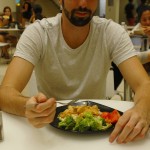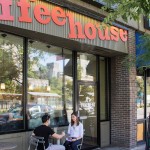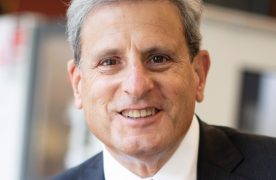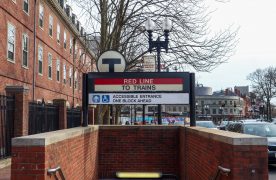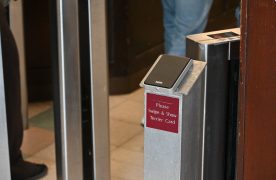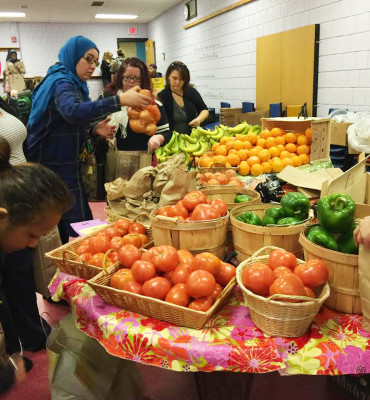
Food insecurity and poverty affect millions of families across the country, including members of the Greater Boston community.
As of 2014, 15 percent of the population was in poverty, with children under the age of 18 making up 15.5 percent of those in poverty, according to Feeding America, the largest domestic hunger-relief organization in the United States. Additionally, an overwhelming 48.1 million Americans lived in food insecurity. These numbers only continue to grow.
The statistics may seem alarming, but many Americans misunderstand the foundational problems surrounding poverty and food insecurity. Hunger in the United States, similar to many other developed nations, is not only due to a lack of access to food, but also the lack of access to nutrition.
Organizations like Food For Free, based in Cambridge, combat poverty and food insecurity by providing struggling families with access to nutritious foods. Food for Free is one of the oldest food rescue organizations and helps feed more than 25,000 people in and beyond the Greater Boston area. It began by rescuing food that would normally go to waste and distributing it to food pantries, youth programs and shelters.
Food For Free has expanded into a well-known organization with an array of different programming. One of their programs, Prepared Food Rescue, rescues cooked food from universities and other institutions and delivers healthy meals to organizations serving people who lack the space or ability to cook for themselves.
Even closer to home, Boston University’s Student Food Rescue, one of the largest student-run food salvage programs in the country, works alongside Food For Free.
“We appreciate the existing support we are getting from BU students,” said Sasha Purpura, executive director of Food For Free.
Although Food For Free does an incredible job addressing poverty and food insecurity, Purpura said the organization could always use extra help. But if a swamped student can’t join SFR, there’s an alternative.
“We would love to collect the surplus dining hall food from BU,” said Purpura. “Students should be asking the dining halls what is happening with the surplus food and encouraging the university to make sure that it gets donated to people in need.”
Food For Free also tends specifically to local children. As of Jan. 1, Food For Free has adopted the Cambridge Weekend Backpack Program, which sends meals home on Fridays to Cambridge public school students whose primary source of nutrition is the school cafeteria.
“Food For Free has been one of our greatest supporters over the past few years, providing us with food for our backpacks each week and serving as a great example for us as we have grown each year,” Alanna Mallon, program director and founder of the Cambridge Weekend Backpack Program, wrote in a Jan. 11 Food For Free press release. “With both organizations having such a strong awareness of food insecurity and passion to combat this issue, it is exciting to imagine all that we will be able to accomplish together.”
Food For Free has also launched two pilot programs at the Kennedy-Longfellow School in Cambridge.
The first program, the K-Lo Market, allows Cambridge families to “shop around” with an array of nutritious foods and household staples at no cost. There’s also the Take Home Tuesday program, where students have access to nutritious frozen home meals.
Food For Free improves the quality of life for any individual in the Greater Boston area who cannot access nutritious foods due to income, illness or disability. Stuart, a local veteran whose full name is kept anonymous by Food for Free, is a client of the Home Delivery program. Without Food for Free, Stuart would likely not be able to access the nutrition he needs to do a service-related disability to his arms and hands.
“I stumbled upon Food For Free and found out they have a program that delivers food to the handicapped,” said Stuart in “Food For Free – A Short Documentary.” “Since I was in my wheelchair, I guess it was obvious.”
Food For Free clients like Stuart said they are incredibly grateful to those who donate food and volunteer their time.
“[Food For Free] is one program I really am behind and stand up for,” he said. “[The volunteers] don’t have to do anything they do, but the people involved in it really care.”


